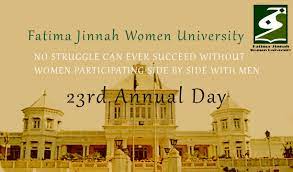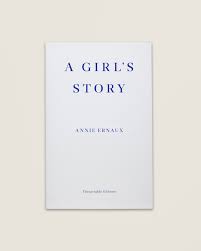Rawalpindi : In a bid to empower women entrepreneurs and enhance their business acumen, the Women Research and Resource Centre (WRRC) at Fatima Jinnah Women University (FJWU) in Rawalpindi, in collaboration with Digital Miles, ORIC, and FJWU-BIC, orchestrated a one-day workshop dedicated to Service & Product Design.
This workshop sought to provide aspiring women entrepreneurs with the knowledge and skills necessary to design and develop successful services and products for the modern market. The event featured Mr. Rehan Akhtar, CEO, and Syed Faizan Raza from Digital Miles, as resource persons, leveraging their expertise to guide and mentor the participants.
The participants, comprising students from various departments of FJWU and its affiliated colleges, delved into a wide array of critical topics, including the essence of service and product design, the significance of this discipline in the context of women entrepreneurs, strategies for identifying and validating customer needs, techniques for brainstorming and nurturing innovative ideas, methods for prototyping and testing, and the art of effectively launching and marketing services and products.
The workshop was met with resounding approval from the participants, who lauded the opportunity to learn from accomplished professionals and expand their network within the realm of women entrepreneurs.
One participant expressed her enthusiasm, saying, “The workshop was an enlightening and invaluable experience. I’ve acquired a deep understanding of service and product design, and I’m enthusiastic about applying this knowledge to launch my own business.”
Another participant praised WRRC’s efforts, stating, “This workshop has been a fantastic opportunity to learn from experienced experts and connect with other aspiring women entrepreneurs. The skills I’ve gained here will undoubtedly steer my business towards success.”
Source: The News






